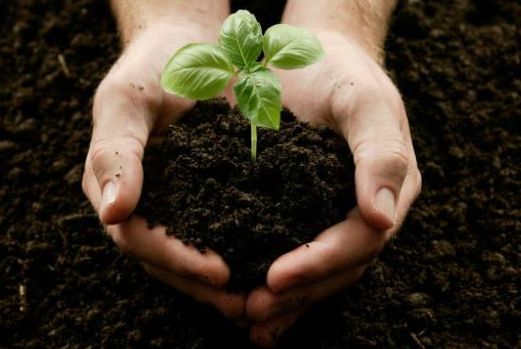Seeds of Opportunity: The African Growth Series
November 2021 | Issue 2
In this week's issue, you will learn about:
- Innovations in Plastic Management and moving Africa closer to achieving sustainable development goals.
- The recovery of South Africa's Manufacturing Industry; as well as the launching of Aspen's new anaesthetics production line.
Innovations in Plastic Management in Africa
Effectively managing waste has been a significant hurdle for numerous African countries. With the rise in plastic consumption and weak waste collection infrastructure, poor waste management practices have impacted the economy, the people and the environment. Although the current waste management systems pose a significant risk, there are lucrative economic and social opportunities that can help solve these issues, while advancing Africa’s efforts in realising the sustainable development goals (SDGs). The Ethiopian government has realised this, by transforming their Koshe dumpsite into a waste-to-energy plant. This plant, that has been transformed, re-purposed, and revolutionised, can now effectively incinerate about 1,400 tonnes of waste materials daily thereby generating electricity. This has resulted in approximately 80% of Addis Ababa’s rubbish being repurposed towards energy supply, with the city supplementing approximately 30% of household electricity. As more countries invest in new technologies that can efficiently manage waste collection, Africa can effectively enhance waste collection costs by simplifying the waste material collection process.

The Recovery of South Africa's Manufacturing Industry
Covid-19 and the July riots that took place both left a dent in South Africa’s Manufacturing industry through several job losses and infrastructure destruction, amongst other factors. However, recent developments are turning a new leaf and will help drive the industry’s recovery. Leading pharmaceutical product manufacturer, Aspen has launched a new anaesthetics production line which will position it as a key pharmaceutical manufacturing hub in Africa. To date, the company has spent over R3-billion on the facility at its flagship site in Gqeberha, which is the single largest investment by any pharmaceutical company in South Africa. As part of its objectives, the production line will increase the number of doses of the Johnson & Johnson Covid-19 vaccine produced locally, which is an answer to a call made by President Cyril Ramaphosa early this year. Up to 700-million doses are expected to be produced from the facility by 2023, while yearly turnover is expected to be around R1.2-billion by 2027. As rightly recognised by the Minister of Trade, Industry, and Competition, this development by Aspen allows South Africa to bring something to the trading table, moving it from its position as a net importer of the general anaesthetics required in the country's healthcare system.

To find out more about opportunities in Africa, please contact Lynne Martin.
Lynne Martin
Rebecca Mabika
